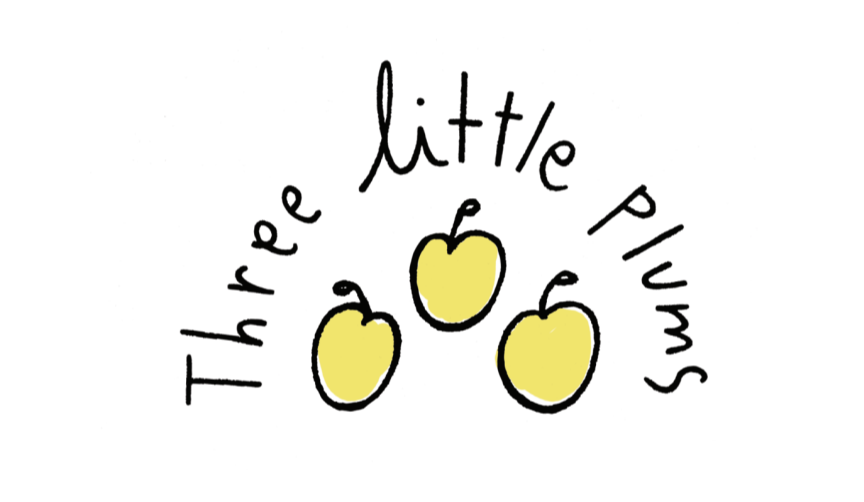123's of Limiting Pesticide Exposure
Why should we try to avoid pesticides? Click here for PESTICIDES IN OUR FOOD: Non-Toxic Munchkin's ABC's
While we can’t eliminate pesticides completely from our diet (sadly even organic rice can even have traces of dangerous chemicals : "organic" doesn’t necessarily mean "pesticide-free," ) a 1996 study on children’s exposure to pesticides found that “an organic diet provides a dramatic and immediate protective effect against exposures to organophosphorus pesticides that are commonly used in agricultural production “
Here are some suggestions from Mt Sinai’s Children’s Environmental Health Center for reducing pesticides in our diets.
1. Buy organic when available and affordable. Look for the USDA Certified Organic
2. Buy Local produce – If organic produce is unavailable or exorbitantly priced ( Food that
must be transported large distances is often picked unripe, chemically ripened and loaded
with preservatives for trip to its final destination)
3. Not all fruits and vegetables are created equal when it comes to absorption of pesticides. Fruits with thick skins are safer to purchase non organic. According to the Environmental Working Group, produce that does not have to be organic:
- onions
-sweet corn (frozen)
- pineapples
- avocados
- asparagus
- sweet peas (frozen)
- mangoes
- eggplant
- US grown Cantaloupe
- Kiwi
- cabbage
- watermelon
- sweet potatoes
- grapefruit
- mushrooms
4. Fruits you definitely want to buy organic (those that absorb the highest rates of pesticides) are (in order of highest levels of pesticides to lower):
-apples
- celery
- strawberries
- peaches
- spinach
- imported nectarines
- imported grapes
- sweet bell peppers
- potatoes
- US grown blueberries
- lettuce
- kale
5. When cleaning fruits and vegetables use running water instead of soaking! Who knew, but running water apparently will remove most surface waxes and pesticide residues, along with dirt and bacteria. Peeling fruits and vegetables also removes surface residues (note: peeling will not remove pesticides in fruits that have absorbed them!).
6. Another great alternative, if you have the space and time, is to grow some of your own fruits or vegetables... this way you can make certain they remain pesticide free and affordable!

